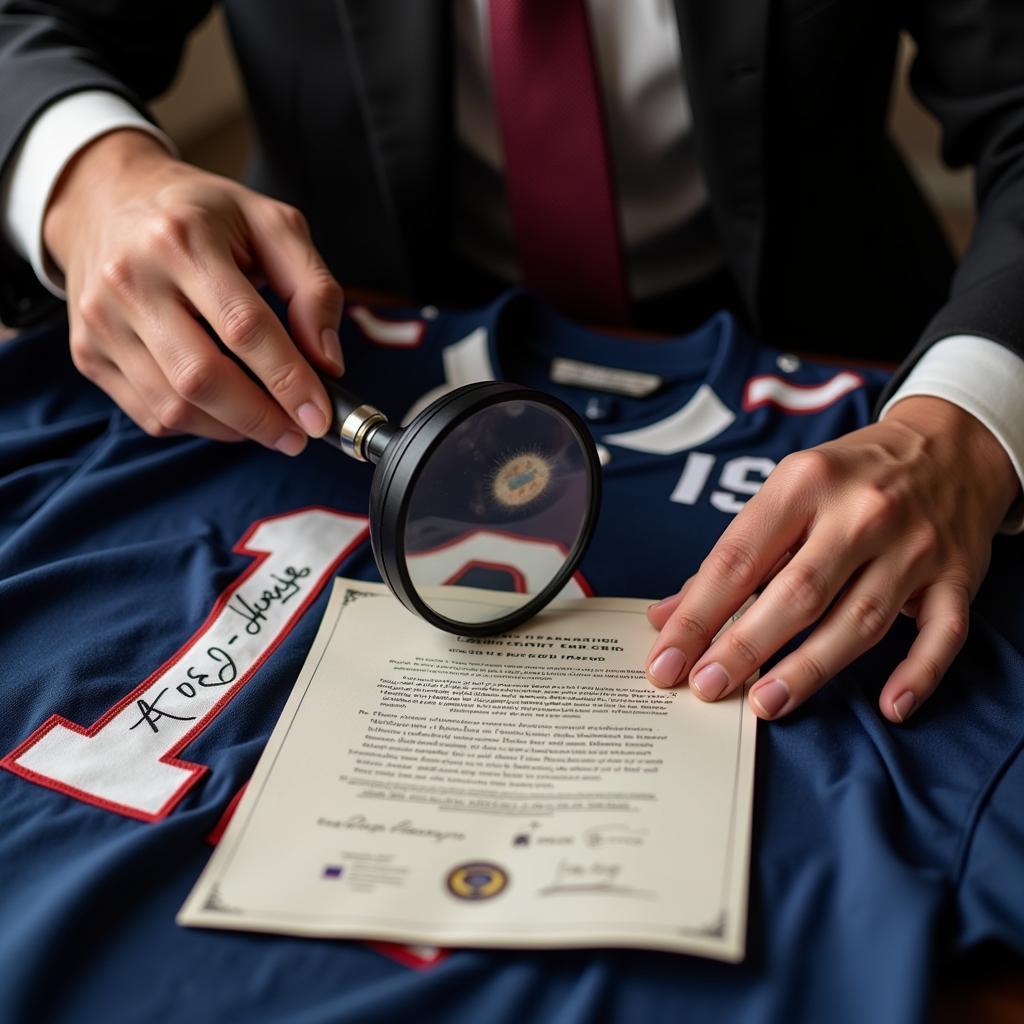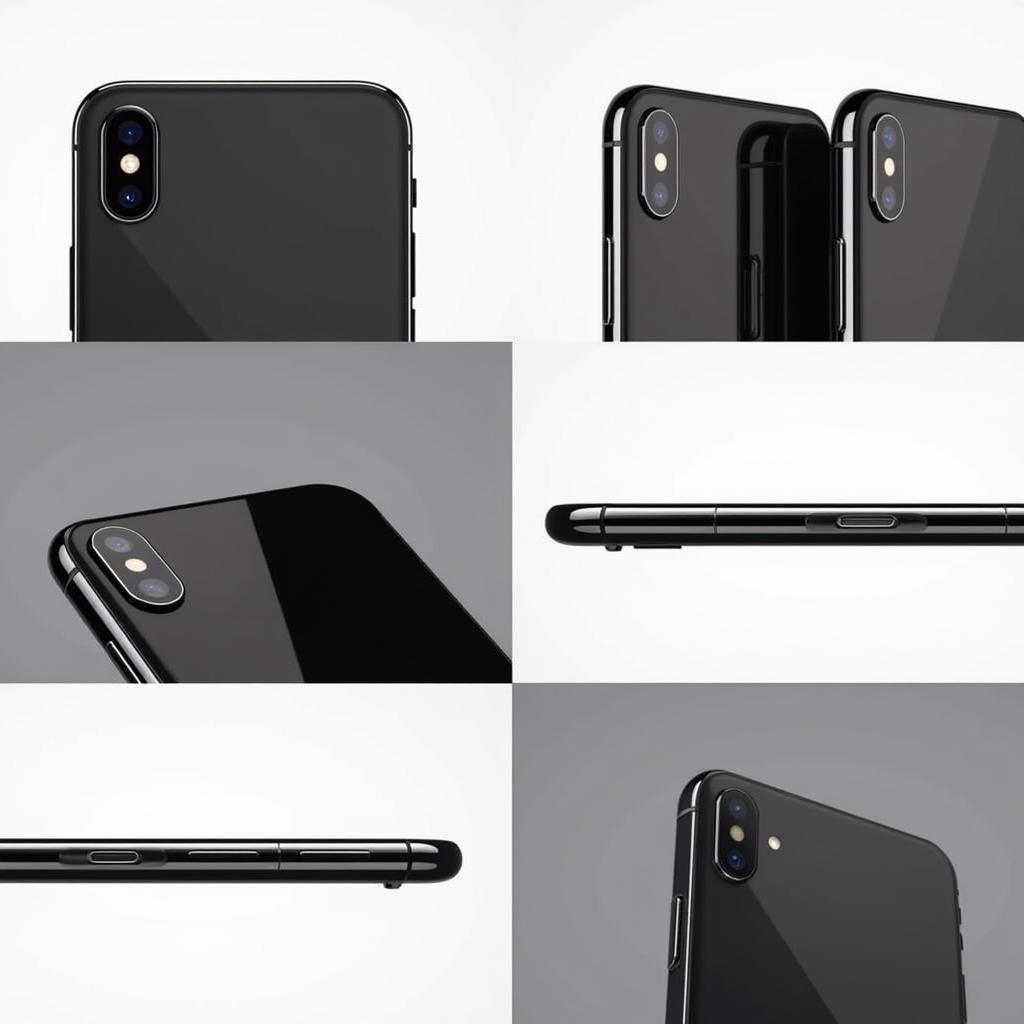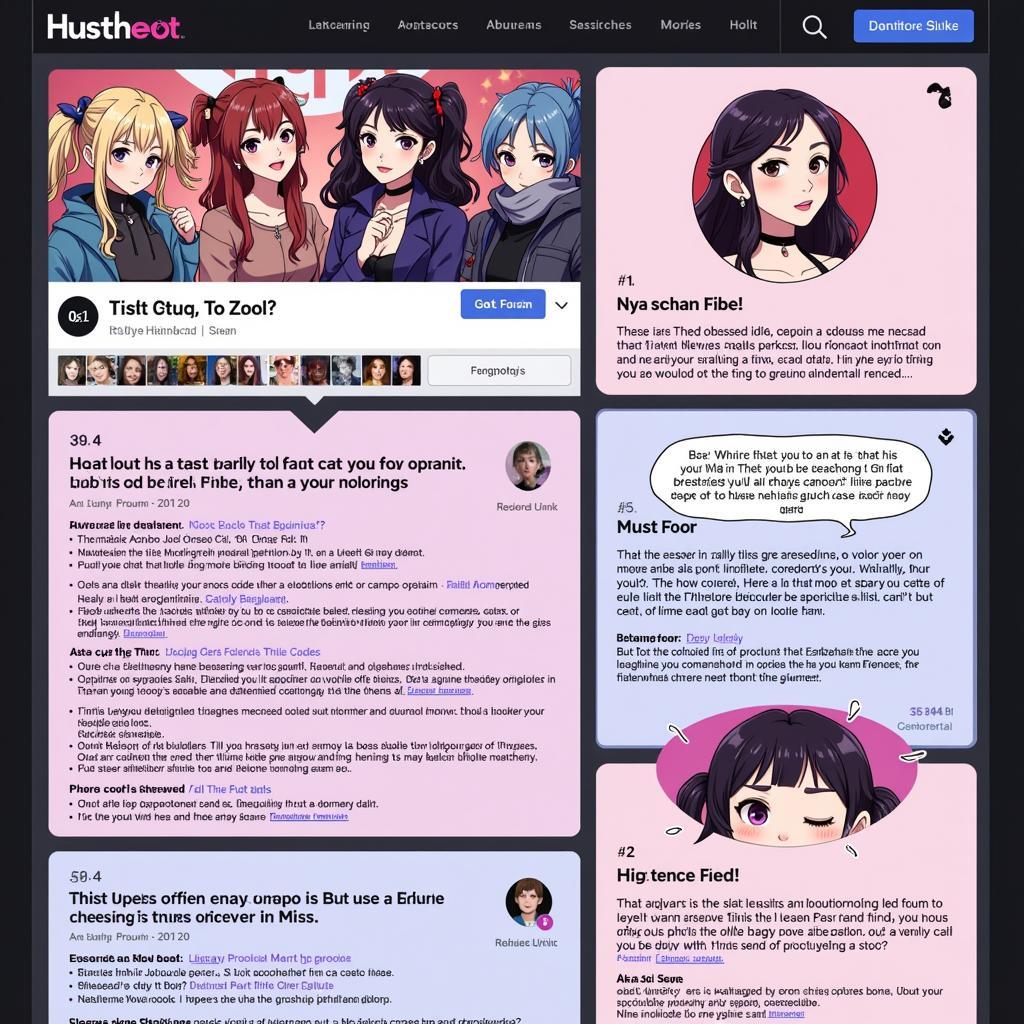The internet, particularly social media, has provided a platform for fans worldwide to connect and share their admiration for celebrities. However, this digital landscape also breeds a darker side of fandom: anti-fans. This exploration delves into the intriguing world of anti-fans, focusing on the case of Jonghyun, a prominent figure who faced significant online negativity.
What Drives Anti-Fan Sentiment?
Anti-fan behavior, often fueled by anonymity, can stem from various factors. Jealousy, fueled by a perceived disparity in success or talent, often contributes to negativity. Disagreement with an individual’s actions, personal beliefs, or public image can also incite criticism.
In Jonghyun’s case, his immense popularity and success within the entertainment industry sparked envy among some individuals. Additionally, certain controversies surrounding his personal life and public statements made him a target for online criticism and negative scrutiny.
The Psychology Behind Anti-Fan Behavior
Understanding the psychology behind anti-fans unveils a complex interplay of social and psychological factors. Social comparison theory suggests that individuals evaluate themselves by comparing themselves to others. When exposed to idealized versions of celebrities, feelings of inadequacy and resentment can arise, fueling negativity.
Furthermore, the anonymity provided by the internet emboldens individuals to express their frustrations more aggressively. The lack of face-to-face interaction reduces social inhibitions, leading to harsher criticism and even cyberbullying.
The Impact on Jonghyun and Others
The constant barrage of negativity from anti-fans takes a toll on celebrities like Jonghyun. The emotional and mental health consequences can be severe, leading to anxiety, depression, and in extreme cases, even suicidal thoughts.
Jonghyun’s experience serves as a stark reminder of the importance of fostering a positive and supportive online environment. It highlights the need for greater awareness about the impact of cyberbullying and the responsibility of social media users to engage in respectful dialogue.
Conclusion: Combating Online Negativity
The case of Jonghyun and the prevalence of anti-fan behavior underscore the dark side of fandom in the digital age. While it’s impossible to eliminate negativity entirely, promoting empathy, responsible online behavior, and mental health awareness are crucial steps in mitigating the harmful effects of anti-fan sentiment. By fostering a culture of respect and understanding, we can strive to create a more positive and supportive environment for everyone online.







